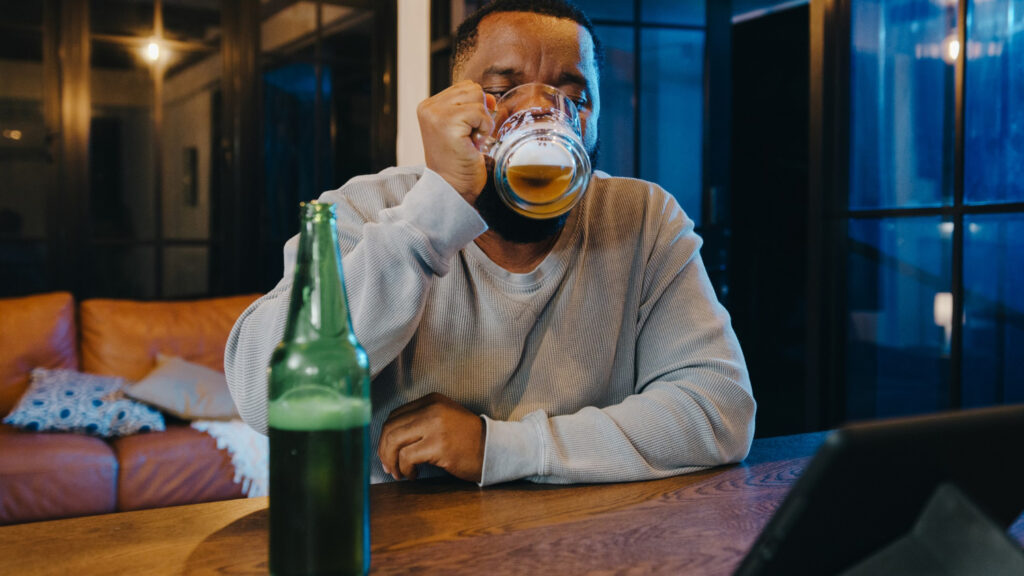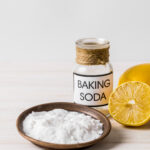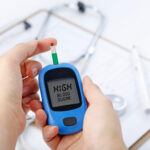
In this article
A blinding headache, nausea, and fatigue are well-known symptoms of a hangover. However, researchers have coined the term “hangxiety” to describe the anxiety and irritability that often accompany a hangover. Individuals with pre-existing anxiety or depression are more likely to experience hangxiety.
What Is Hangxiety?
“Hangxiety” is a blend of “hangover” and “anxiety,” and it encompasses the feelings of embarrassment, regret, and shame that often follow a night of drinking. These emotions are typically coupled with classic hangover symptoms such as headaches, fatigue, and nausea.
Symptoms of Hangxiety
Research has demonstrated that hangxiety can exacerbate anxiety and depression. Common symptoms include:
- Body aches and pains
- Fatigue
- Dizziness
- Feelings of helplessness or hopelessness
- Guilt
- Irritability
- Lack of interest in usual hobbies
- Negative self-beliefs
- Withdrawal from social interactions
- Worrisome thoughts
Why Does Alcohol Cause Anxiety?
Using alcohol to cope with stress may worsen hangover symptoms, especially for those already dealing with anxiety or depression. Studies indicate that increased symptoms of anxiety, depression, and stress can lead to more severe hangovers.
Alcohol interacts with gamma-aminobutyric acid (GABA) receptors in the brain, producing a calming effect after a drink or two. However, as the night progresses, alcohol boosts glutamate receptors, which are excitatory. This can cause you to wake up in the middle of the night and experience anxiety the next day.
The Alcohol-Anxiety Cycle
Alcohol use disorder (AUD) often co-occurs with anxiety. Using alcohol to alleviate anxiety can create a harmful cycle. Initially, alcohol calms you, but dependence can develop, leading to withdrawal symptoms and worsening anxiety. Additionally, alcohol consumption increases cortisol, a stress hormone, which can impair emotional regulation the next day.
How to Relieve Hangxiety
To alleviate hangxiety, it’s crucial to address both physical and emotional symptoms of a hangover:
- Rehydrate: Alcohol dehydrates the body, so replenish fluids and electrolytes with sports drinks, bouillon soup, fruit juice, or honey.
- Rest: Ensure you get plenty of sleep to restore your energy levels.
- Pain Relievers: Use Advil (ibuprofen) or aspirin instead of Tylenol (acetaminophen), which can harm the liver when combined with alcohol.
- Self-Compassion: Show kindness to yourself if you feel embarrassment, guilt, regret, or shame. Self-compassion can reduce anxiety and depression symptoms. Techniques like deep breathing, meditation, yoga, and tai chi can help lower blood pressure and heart rate.
How to Prevent Hangxiety
To prevent hangxiety, consider avoiding alcohol if it exacerbates anxiety or depression. If you choose to drink, limit your intake to one or two drinks per night. Drink water or club soda between alcoholic drinks to stay hydrated and reduce alcohol consumption.
Opt for lighter drinks. For example, mix white wine with mineral water to make a wine spritzer or choose a light beer with lower alcohol content.
When to Seek Help
If hangxiety interferes with your daily activities, seek support from a healthcare provider. They can assess you for anxiety and depression and may recommend limiting or avoiding alcohol.
Signs of Alcohol Use Disorder (AUD) include:
- Drinking more than intended
- Drinking interfering with daily activities
- Feeling the need to drink to relieve anxiety or depression
- Inability to cut down or stop drinking
- Spending excessive time drinking
- Experiencing withdrawal symptoms like irritability, shakiness, and trouble sleeping
Summary
Understanding and managing hangxiety involves addressing both the physical and emotional impacts of alcohol consumption. By taking steps to rehydrate, rest, and practice self-compassion, you can alleviate hangxiety. Preventing it may involve moderating alcohol intake or avoiding it altogether. If hangxiety significantly impacts your life, seeking professional help is crucial
A Quick Review
Hangxiety, the combination of hangover and anxiety, often occurs after a night of heavy drinking. Symptoms include headache, fatigue, and feelings of regret. Alcohol affects brain chemicals and increases cortisol levels, contributing to anxiety. Relief involves hydration, rest, pain relievers, and self-compassion. Prevent hangxiety by limiting alcohol intake and staying hydrated. Seek professional help if hangxiety disrupts daily activities or if alcohol use becomes problematic.











